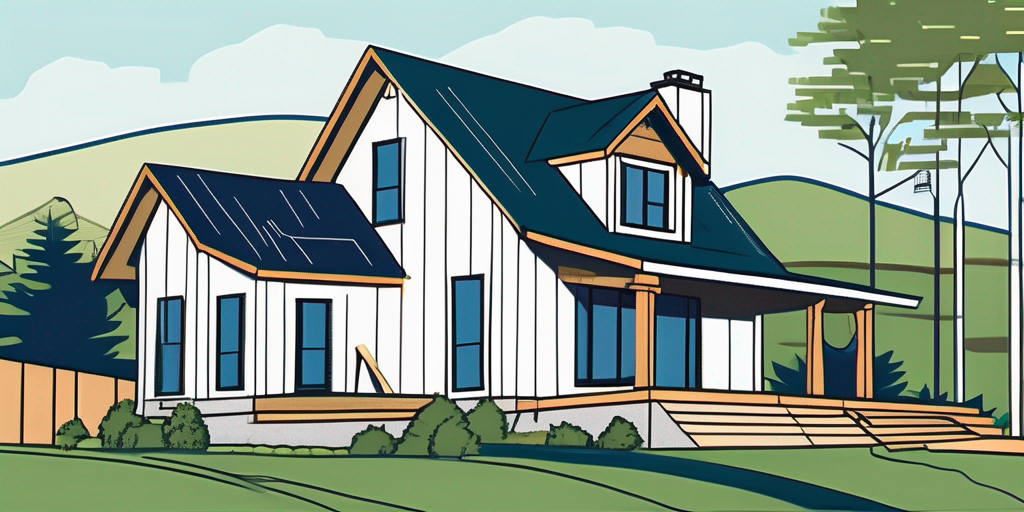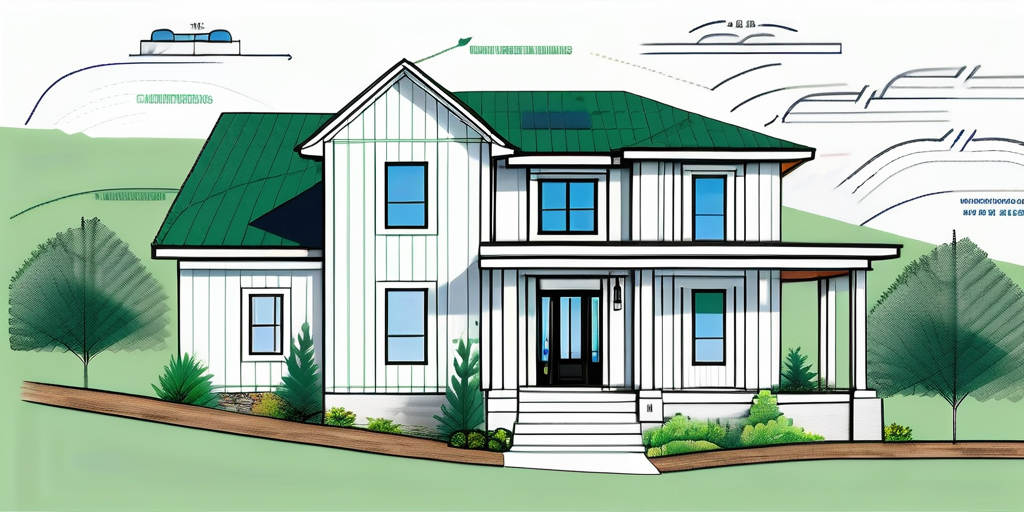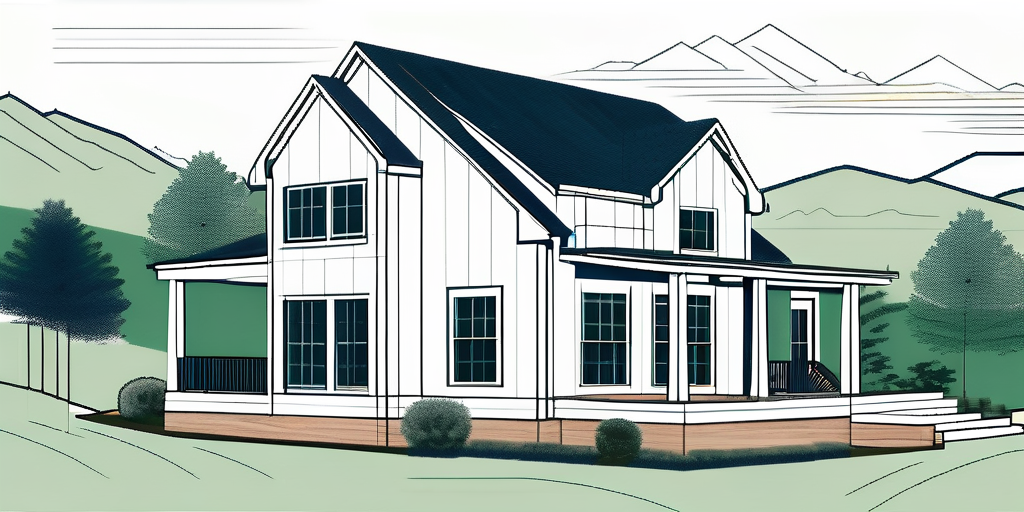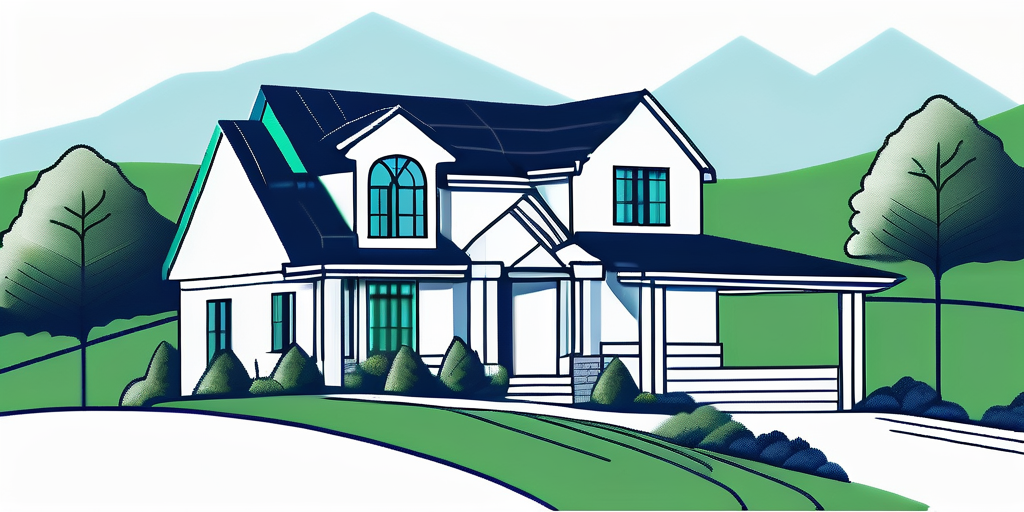
Building your dream home is an exciting journey, especially in a beautiful state like Tennessee. From the rolling hills to vibrant urban areas, the options for your new home are abundant. However, embarking on this journey means understanding a complex process and finding the right partners to help you along the way. This guide highlights key elements to consider as you navigate through building your dream home in Tennessee.
When it comes to building your home, the first step is always planning and budgeting. You need to visualize what your dream home looks like—think about the size, layout, and special features that matter to you. It’s helpful to create a wish list and categorize features as “must-haves” and “nice-to-haves.”

Creating a realistic budget is crucial. Consider not just the cost of construction but also the price of land, permits, utilities, and landscaping. Many homebuilders suggest a budget that includes an additional 10-15% for unforeseen expenses, which is a smart way to keep the project on track. Additionally, it's wise to research local market trends in Tennessee, as these can significantly impact your overall costs. For instance, understanding the seasonal fluctuations in material prices or labor availability can help you time your project more effectively, potentially saving you money.
Moreover, think about the long-term costs associated with your home. This includes energy efficiency, maintenance, and property taxes. Investing in sustainable materials and energy-efficient appliances can lead to substantial savings over time, making your home not just a place to live but a wise financial decision.
Choosing the right homebuilder can make or break your experience. Look for builders with a solid reputation in Tennessee; online reviews and testimonials can offer a sneak peek into the builder’s reliability and craftsmanship.
Don’t hesitate to interview potential builders. Ask about their experience, years in the business, and how they handle project management. A great builder will also be open to discussing their working style and providing past project examples. You want someone who will partner with you to bring your vision to life! It’s also beneficial to check if they have experience with the specific style of home you want, whether it’s a rustic cabin in the Smoky Mountains or a modern farmhouse in Nashville. Furthermore, inquire about their relationships with subcontractors and suppliers, as these connections can greatly influence the quality and timeliness of your project.
Once you’ve selected a builder, the construction phase begins. This is where your dream takes shape, and it’s an exciting time! However, it’s also essential to stay engaged and informed throughout the progress.
Frequent communication with your builder is key. Regular site visits will help you track progress and ensure everything aligns with your original plans. Don’t shy away from asking questions or addressing concerns. This collaborative approach can lead to a smoother building experience! Additionally, consider documenting the construction process through photos and notes. This not only helps you keep track of the progress but also creates a wonderful keepsake of your home’s journey from concept to completion. As the construction unfolds, you may also want to explore local design trends or innovations that could enhance your home, ensuring it remains both functional and stylish for years to come.
A reputable builder often has a wealth of experience under their belt, which typically correlates to their ability to manage projects efficiently. Look for builders who have established a strong track record in your desired location.
Check their portfolio for completed projects that are similar to what you envision. A good builder will have a range of styles and customizations in their past works, demonstrating flexibility and creativity in meeting clients' needs. Additionally, consider seeking out testimonials or reviews from previous clients. These insights can provide a clearer picture of the builder's reliability and the overall satisfaction of their clients. Engaging with local real estate agents can also yield valuable recommendations, as they often have firsthand experience with various builders in the area.
Quality is paramount when it comes to homebuilding. Investigate what materials your builder uses and ensure they adhere to local building codes and standards. High-quality materials may have a higher upfront cost but can significantly enhance the longevity and energy efficiency of your home.
Ask about warranties on materials and workmanship. A quality builder stands by their work and will provide guarantees that protect your investment. Furthermore, inquire about the builder's relationships with suppliers. Builders who have long-standing partnerships with reputable suppliers often have access to better materials and pricing, which can reflect positively on the overall quality of your home. Consider visiting some of the suppliers or showrooms to see the materials firsthand, as this can give you a better understanding of what will be used in your new home.
Excellent customer service is a hallmark of top Tennessee homebuilders. You want a builder who will prioritize communication and transparency. A good approach is to gauge your builder's responsiveness during the selection process. Are they quick to respond to questions? Do they provide detailed answers?
Building a home can be stressful, and having open lines of communication can greatly relieve worries. Builders who offer regular progress updates and are easily reachable help build trust and confidence throughout the project. Additionally, consider whether the builder uses technology to enhance communication, such as project management software or client portals. These tools can provide real-time updates and allow you to track the progress of your build, making the entire process more seamless and less daunting. Moreover, a builder who is willing to involve you in key decisions and respects your input can make the experience more collaborative and enjoyable.
Your homebuilder should be more than just a contractor; they should also be a collaborator in the design process. This is where creativity flourishes! Many builders have in-house designers who can help you refine your ideas and bring them into functional plans.

During this phase, work closely with your builder to develop detailed blueprints that reflect your vision. Consider factors like flow, functionality, and aesthetics—all elements that contribute to making your dream a reality. The initial brainstorming sessions can be incredibly energizing, as you explore various layouts and features that suit your lifestyle. Whether you envision an open-concept living space for entertaining or a cozy nook for quiet reading, your builder will help translate those dreams into actionable designs.
One of the most exciting parts of building a home is the ability to infuse your personal style into every aspect of the design. From the exterior finishes to the interior décor choices, your home should reflect who you are.
Your builder should be open to discussing your design preferences and should provide guidance on trending styles and classic elements that can enhance your personal touch. This could involve selecting the perfect color palette that resonates with your personality or choosing materials that not only look good but also stand the test of time. Additionally, your builder may introduce you to local artisans and suppliers who can provide unique, custom elements, such as handcrafted cabinetry or bespoke light fixtures, ensuring that your home is truly one-of-a-kind.
Every building site comes with its own set of challenges, whether it’s terrain, zoning laws, or environmental considerations. A knowledgeable builder will adeptly navigate these challenges to optimize your home’s design.
It’s essential to remain adaptable. A good builder can provide alternative solutions that align with your vision while adhering to site restrictions. They should have experience in designing homes in your area to tackle unexpected hurdles efficiently. For instance, if your lot has a steep slope, your builder might suggest a multi-level design that not only accommodates the terrain but also provides stunning views. Furthermore, they can advise on sustainable practices, such as incorporating rainwater harvesting systems or energy-efficient materials, which can enhance both the functionality and environmental impact of your new home. Embracing these site-specific adaptations can lead to a more harmonious integration of your home with its natural surroundings, creating a living space that feels both unique and grounded in its location.
Financing your home construction can be different from purchasing an existing home. Home construction loans are typically short-term loans that cover the cost of building. Once construction is complete, you can refinance into a traditional mortgage.

Research various lending options, including local banks and credit unions. They may offer specialized programs for new construction. Be sure to compare interest rates, loan terms, and repayment options to find what suits your financial situation best.
Additionally, consider the importance of a strong relationship with your lender. A lender who understands the nuances of home construction can provide valuable insights and support throughout the building process. They may also offer advice on how to manage your funds effectively during construction, ensuring that you have access to the capital you need when you need it most.
Even the best-laid plans can go awry. Unexpected costs can stem from changes in material prices, weather-related delays, or design adjustments. It’s a good rule of thumb to factor in an additional contingency fund of 10-20% of your overall budget to accommodate these surprises.
This safety net can relieve stress during the construction phase, allowing you to focus on seeing your dream home come together without the fear of budget overruns. Moreover, it is wise to keep an open line of communication with your contractor. Regular updates on the project’s progress can help you stay informed about potential issues that may arise, allowing you to address them proactively rather than reactively.
Once construction is nearing completion, it’s time to consider your long-term financing options. Shop around for mortgage rates to ensure you secure the best deal. Factors that influence your mortgage rate include credit score, type of loan, and overall market conditions.
Consult with mortgage brokers and lenders to explore various options, and don’t hesitate to negotiate terms. The right mortgage can offer financial flexibility and peace of mind as you move into your brand-new home. Additionally, be aware of the different types of mortgages available, such as fixed-rate, adjustable-rate, or even government-backed loans, which may offer lower down payment options or favorable terms for first-time homebuyers.
Moreover, understanding the timing of your mortgage application can also play a crucial role in securing favorable rates. Keeping an eye on market trends and applying when rates are low can lead to significant savings over the life of your loan. Engaging with a financial advisor or mortgage professional can help you navigate these waters more effectively, ensuring that you make informed decisions that align with your long-term financial goals.